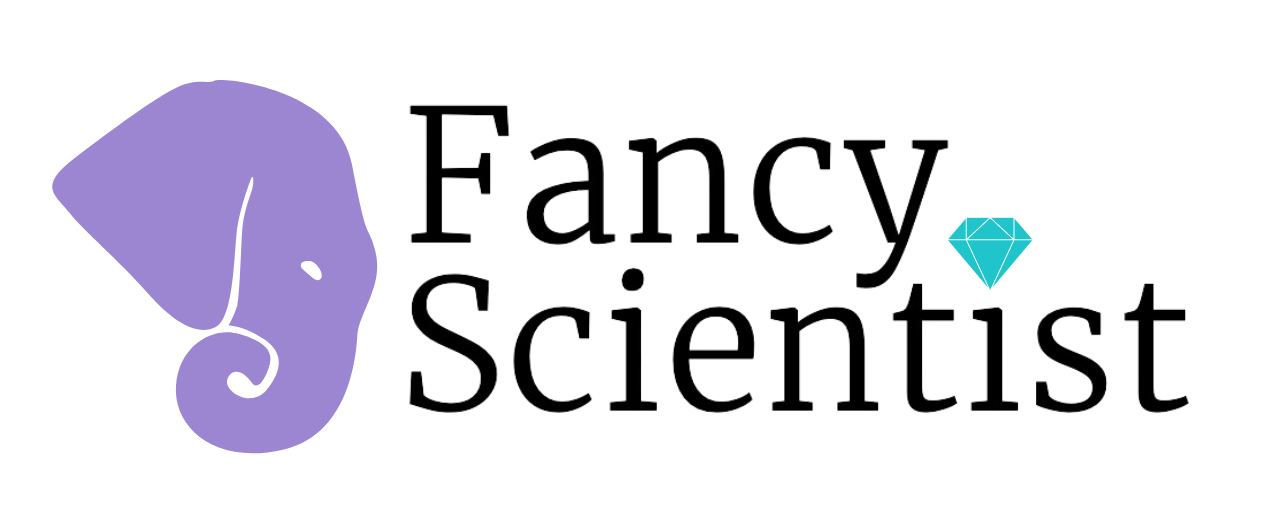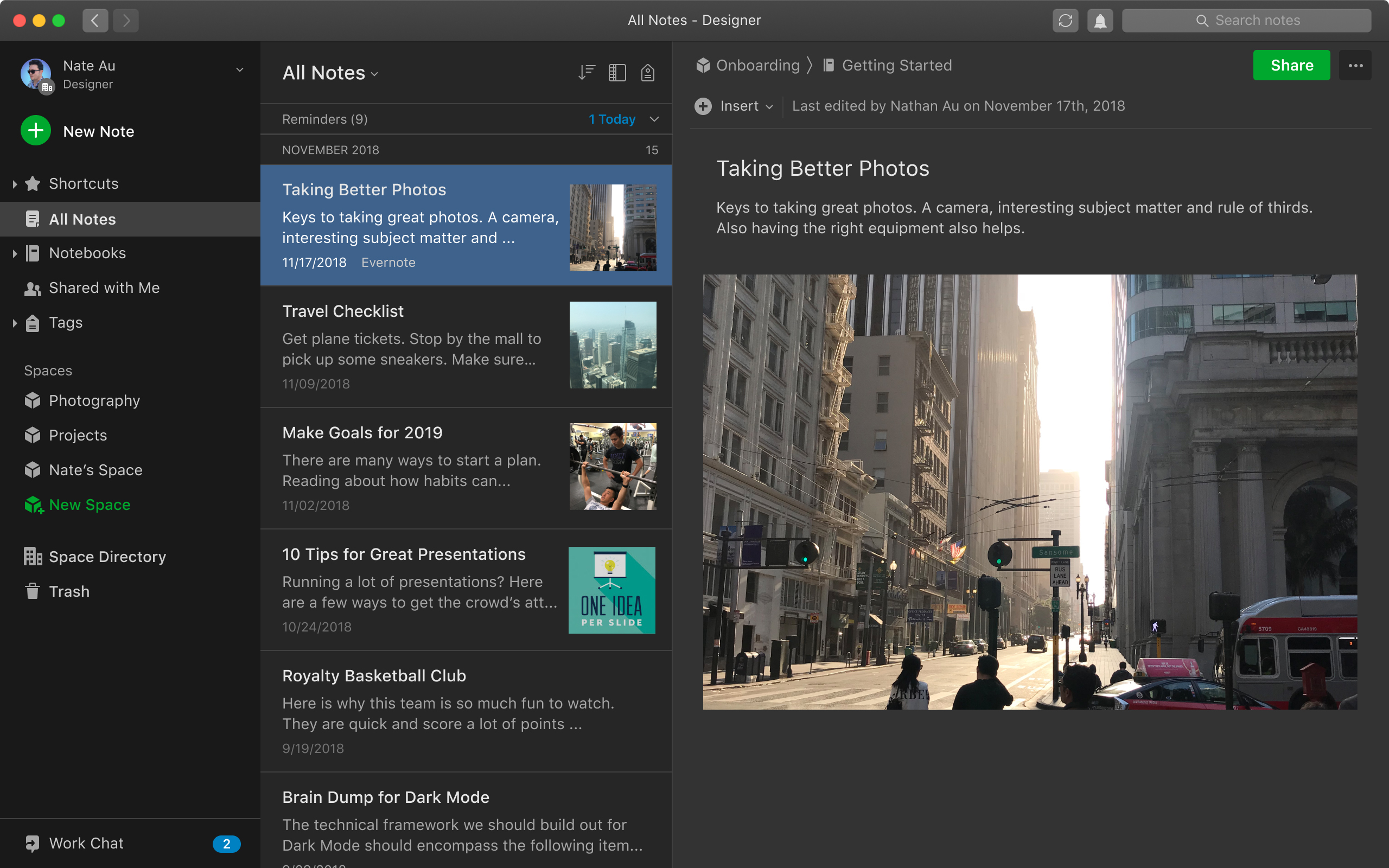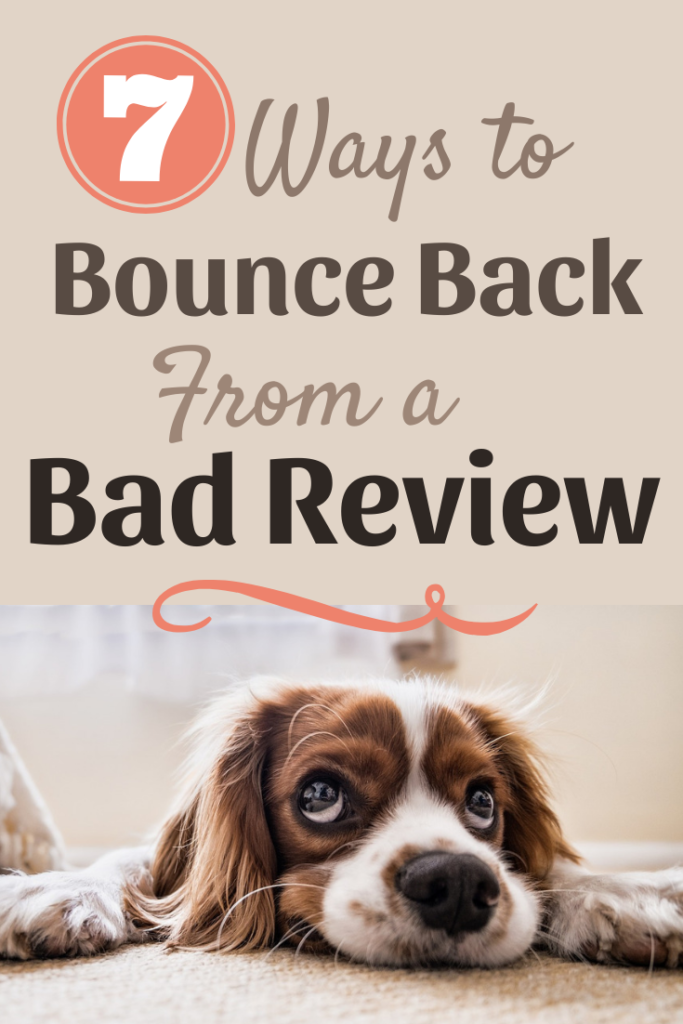I am a big believer of getting what you pay for, but these 100%, completely free things have quite honestly changed my life. They are too good not to share and I’ve arranged them by category. Here’s my list of 12 free things that help my career and a short explanation of how they help me.
Productivity
1. The Tim Ferriss Show Podcast
The premise of the Tim Ferriss show is to understand how successful people become that way. Tim interviews “world-class performers” in a myriad of career professions from CEOs to comedians to spiritual thought leaders to musicians. So what does this have to do with science or whatever career you are in? It turns out lots! By listening to leaders in other fields, I’ve learned how to reframe my thinking. I’ve become more creative, inclined to take bigger risks, and have gained a lot more confidence. Through listening to these in-depth interviews, you’ll realize that these super successful people all have had major failures, but were not dismayed by them, and instead used them as opportunities. Even when I think I am not going to be interested in a specific expert, I am usually blown away by how much I learn and come away with.

Tim Ferriss is also obsessed with how to perform better and more efficiently, and is an expert on branding and marketing, which has helped me immensely in my thinking on science communication. Scientists have A LOT on their plate and work weeks that easily run up 50+ hours. As scientists, we often equate working more with getting more done, but while this may be true short term, in the long run, it leads to burnout and decreased productivity. I cannot recommend his podcast enough.
2. White Noise/Meditation Music on YouTube
When people are talking in the lab, it can be hard to focus. Sometimes I need loud white noise in my headphones to drown out distractions. This may sound so stupid, but it took me forever to find white noise/meditation music that I liked to work to. Nature music was too disruptive due to intermittent bird calls and classical music is too melodic for me.I belong to Spotify, which is great for workouts, but all of the meditation music I could find was typically under 10 minutes meaning that it constantly changed tracks. On YouTube, I’ve found videos that play up to 10 hours. Here are some of my favorites:
Mental Health (But Also Productivity!)
Depression, anxiety, and other mental health issues are RAMPANT throughout academia. I have struggled with both depression and anxiety throughout my life and have to actively work on my mental health. Just like your body needs exercise, your brain needs “training” in quieting the noise and being present in the now.
If you think meditation is silly or too spiritual, think of it as investment in your productivity. Meditation is essentially a practice to bring you back to the present moment. Again, just like you have to train your body to run in a marathon, you have to train your brain to detach from the past and future (often in the form of worry). In your work, if you are constantly thinking about everything you have to do or bad things that happened to you in the past, you won’t be able to focus on what you need to do right now. Meditation has seriously increased my ability to focus on what I need to do in my research and get it done calmly and at ease.
3. Tara Brach Podcast and Meditations
Tara Brach is a spiritual teacher in Western Buddhism. Her podcast includes teachings and meditations. If you are not ready for meditation yet, I highly recommend just listening to podcasts of her teachings. You can just start in the car or like me, listen on dog walks (or walks without dogs, although dogs are the best, you should get a dog too). I am not a religious person at all, and her talks are not overtly religious. She uses a lot of everyday “problems” and like Tim Ferriss, helps you develop a different mindset for viewing these problems. She helps you find perspective and meaning in the world, which I often find especially helpful when I am in the weeds with research problems. I listen to her podcast through iTunes.

4. The Heart Wisdom Podcast with Jack Kornfield
Jack is another Buddhist teacher, and I benefit from listening to his teachings in the same way as Tara. I could write as much about his podcasts, but I would just be repeating myself. I listen to and love them both. He also brings a lot of humor to his podcasts.
5. Yoga with Adriene
I’ve been doing yoga for a long time and Yoga with Adriene is AMAZING. If you are not ready for meditation, yoga is a great substitute because a lot to the same principles of meditation apply to yoga, yet it is a form of exercise, so tends to be more palatable for those skeptical about meditation. Adrianne has so many different videos for so many different levels; there really is something for everyone. She does not rush you through things, and cares about you and your body. During graduate school, I slipped discs due to poor posture (from being hunched over at a desk all the time). I still have back problems because of this and Adriene’s videos have helped me immensely.
Organization
6. Evernote
Evernote is a great way to organize disorganized, nonlinear thoughts and ideas. I use Evernote for a variety of things, but it has been most helpful for me in organizing my ideas for this blog and and my research. With Evernote, you can create notebooks and then each notebook holds a note. You title each note and write text below and can even drag images in. You can also search across all notebooks if you forget where you put things, which you can’t do if you have different ideas across different Word or Text documents.

How I use it for blogging and research ideas is that I have notebooks for these categories. Then whenever I randomly think of a topic for a blog post or a research idea, which often happens while I am working out, on dog walks, or walking to my car, I create a new note and jot it down. I find this much easier to use then a Word document because you can easily shift things around or group by topic. Then when you need to do something, like write a blog post, write a grant, or apply for a job, you can sort through your ideas. It also syncs with your phone so if you get ideas on the go when you are away from your laptop, you can still write them down.
Knowledge
7. Ologies Podcast
Ologies is SO MUCH fun! Alie Ward interviews experts of different “ology” fields (think biology, geology, etc., but more specific) and asks them the crazy and stupid questions we’re all thinking. Every episode makes me laugh, but I also learn a lot. My favorite so far is functional morphology.

8. Hidden Brain Podcast
This podcast focuses on understanding human behavior through storytelling. It basically answers the question, Why do people think and act the way they do? The subject may not be relevant to your area of study, but it may help you understand how you and those around you function, which sometimes indirectly impacts your work. You’d also be surprised how often it does help you out. Just the other day in our lab meeting, I referenced a Hidden Brain episode to help a colleague interpret results from a study they are working on.
9. Radiolab Podcast
Radiolab runs the gamet of topics from ancient ice men to speaking to dolphins to black boxes. Many Radiolab episodes are based on weird stories and/or characters that really draw you in through topics you never thought you would be interested in. This is one of my all-time favorite podcasts. The one on rabies is my absolute favorite episode and for a wildlife biologist like me, definitely relevant to my career.
10. Science Vs Podcast
Science Vs is a super informational podcasts that debunks controversial or of the moment topics. For example, for Halloween one year, they went through all of the possible scientific explanations for ghosts. It’s great for learning a lot about broad topics like climate change or organic foods.
Science Communication
Need to create good graphics or have good photos for presentations? Here are my favorite apps/websites.
11. Canva
I LOVE CANVA for science communication! It has super attractive layouts, icons, photos, and fonts for making infographics, social media posts, flyers, or my favorite – pins for my Pinterest page. It’s super easy to use and although it does have buy-in options, it has A LOT of good free stuff. Note that the link will take you to a premium page, but Canva offers a FREE version with LOTS of FREE graphics. (Did I capitalize enough?)
Canva has tons of templates already built in (e.g. Instagram post, invitation, eBook cover), or you can use it to search for free photos. Here’s an example of a Pinterest pin I made with Canva:
12. Pixabay
Pixabay is my go to place for quality images when I do not have any. Pixabay images are shared under the Creative Commons CC0, which means you can use them without asking for permission or giving credit to the artist (although attribution is appreciated). I love Pixabay for presentations and my Pinterest pins.

Love this post? Share it with friends!





